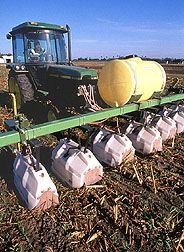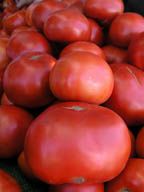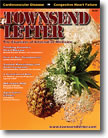The first Dinner Night at Organic Connection was a wonderful, successful evening.
Produce carts were rolled back, grocery shelves and display were covered with cloth, refrigeration equipment was quietened, lighting was dimmed, a dozen tables were set with tablecloths & candles - all done to transform the front part of the store into a cozy and relaxing setting for dinner.
The OC culinary team prepared a veritable feast of mouth-watering dishes - a delight for the senses. Except for the seafood, all ingredients were organic. And the dishes provided many selections for guests with wide-ranging food choice preferences. Beef, Chicken & Seafood dishes as well as vegetarian and vegan dishes. Plenty of choices that were also gluten-free, sugar-free. Our culinary team don't go out of their way to provide for many dietary needs; they simply do it as a matter of course.
Organic Dinner Night - Asian Theme
Saturday, July 28
Seating commencing at 6:45.
There will be an extensive selection of choices including meat, seafood, vegetarian & vegan dishes. Organic noodle bar - rice (gluten-free) & whole-wheat noodles dishes prepared to order.
All inclusive dinner price is $40 (includes taxes, tips & drinks). BYO Alcohol. No children's menu.
Reservations required. This night is certain to be booked out. Guests from the first dinner have already made their reservations. And ask about seating at the community tables. Phone: (845) 279-2290.
Next dinner night is scheduled for Saturday, August 11.










